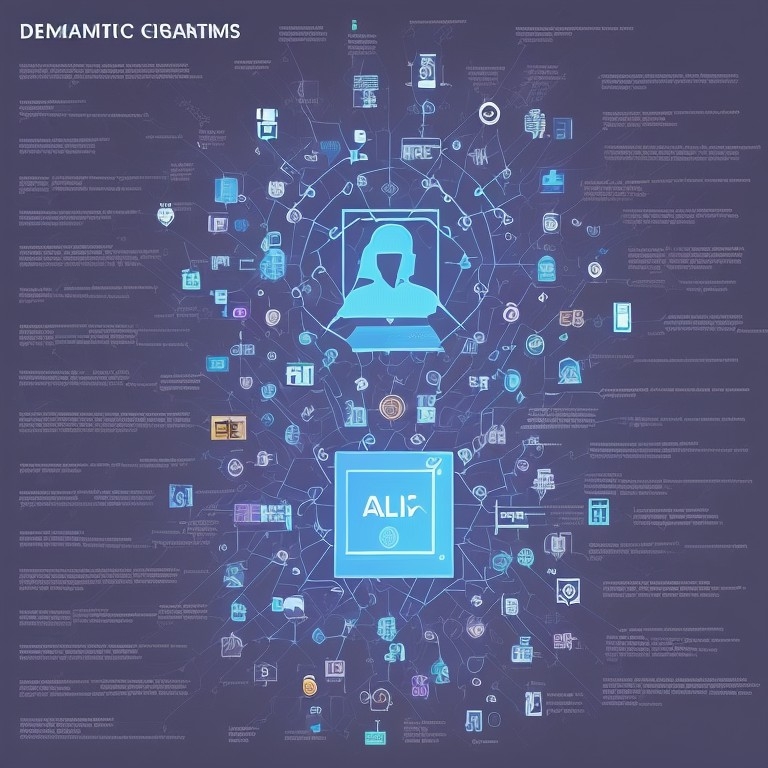In the realm of artificial intelligence, a seismic shift is underway. The catalyst? The open-source community. The object of transformation? Large Language Models (LLMs).
Earlier this year, tech behemoth Meta made a bold move. It released the code for its LLaMA, a large language model, into the open-source domain. This wasn’t a mere unveiling of a new product for users to interact with; it was an invitation to the global community of researchers and programmers to tinker, improve, and innovate.
The response was swift and impactful. The open-source community, armed with curiosity and coding skills, began to reshape the LLM landscape. They enhanced training speeds and reduced the size of the models, making it possible to create and run them on everyday laptops. This democratization of LLMs has disrupted the traditional power dynamics in the AI sector, posing a challenge to the dominance of large tech corporations.
The open-source revolution has also debunked the myth that bigger is always better. While tech giants have relied on massive data sets and powerful processors, the open-source community has demonstrated that smaller, more accessible models can deliver impressive results. This shift has not only made LLMs more accessible but also fostered a climate of rapid innovation.
However, this democratization of LLMs is not without its challenges. The open-source nature of these models means that they can be used for both beneficial and harmful purposes. This raises significant regulatory concerns, necessitating a shift in focus from dictating research and development to regulating usage and offering incentives for positive innovation.
The open-source community, driven by a passion for exploration and creation rather than profit, has already released a variety of models, including Alpaca, Cerebras-GPT, Dolly, HuggingChat, and StableLM. These models, each with their unique features, represent the diverse potential of open-source AI.
In conclusion, the open-source revolution is reshaping the AI landscape, democratizing access to LLMs, and fostering a wave of innovation. This transformation is challenging the dominance of tech giants and opening up new possibilities for the future of AI. As we navigate this new era, it’s crucial to ensure that the power of AI is harnessed for the greater good, and that regulatory measures evolve to keep pace with these rapid advancements.
The Rise of Open-Source AI: Unleashing the Power of Large Language Models

Leave a comment